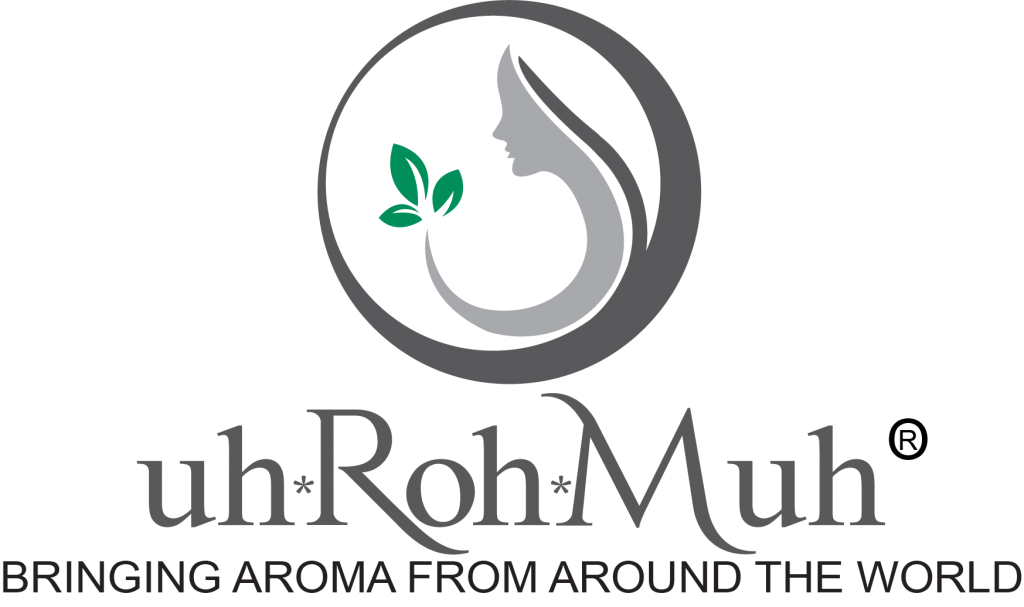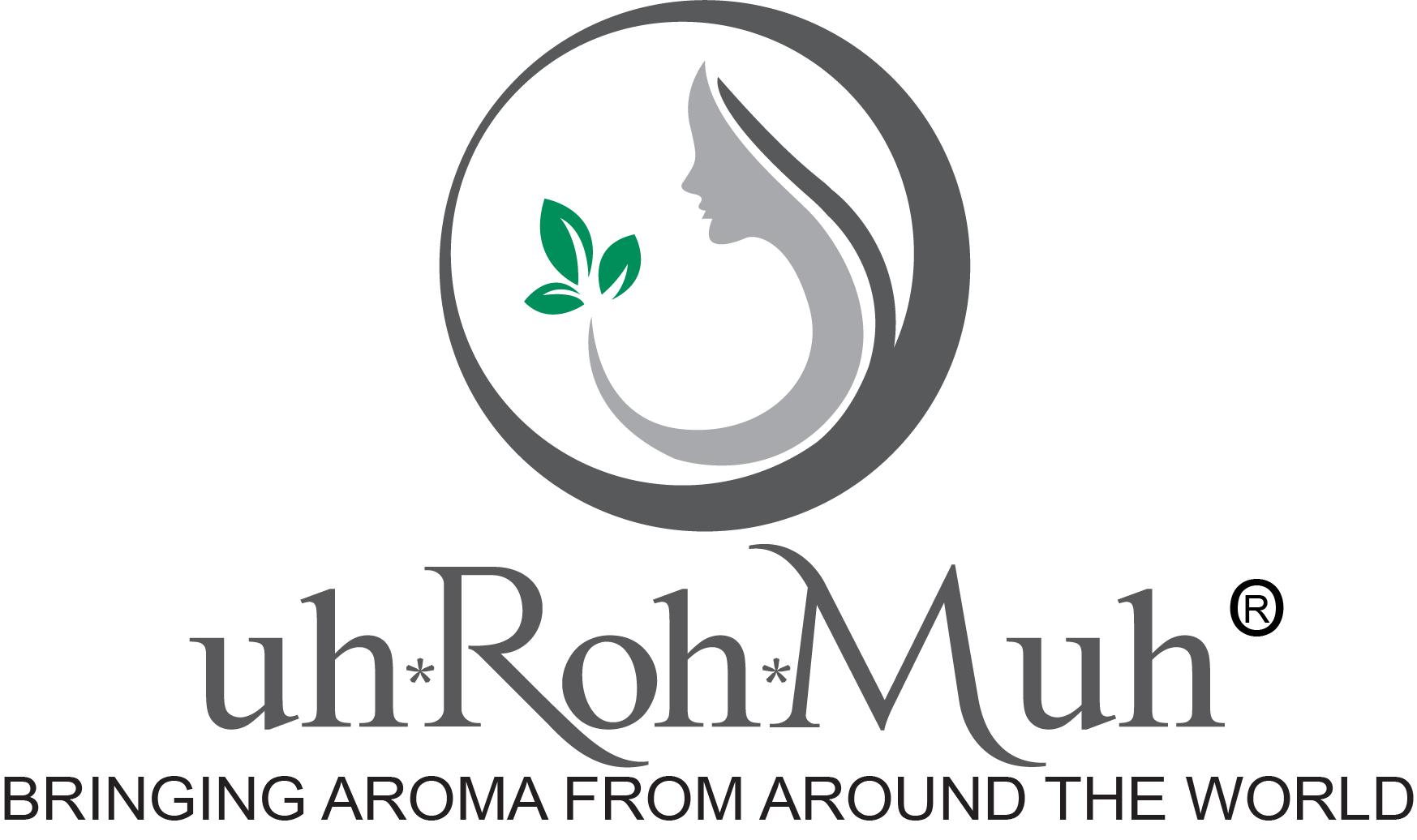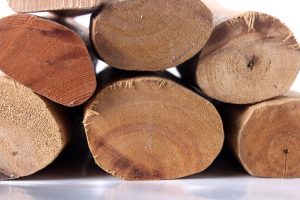Rosewood Essential Oil
The medical field’s ongoing advancements can make the practice and the study of medicine look like a modern affair. It is not. The past presents a long unwritten history of the ancient world’s mental attitude towards diseases. Millions of years ago, man discovered that some plants had medicinal value.
Through folk medicine, the use of herbs became the dominant form of treatment, a practice that persists today. As an illustration, the Vedas talk of an age of Vedic medicine that ran before 800 BCE1. The Vedas mention herbs as treatment options for abscesses, fever, skin diseases, tumors, diarrhea, and edema.
Old material medica such as the Charaka lists over 500 medicinal plants. The Sushruta lists 760 healing herbs. It is from these books that cinnamon and cardamom sprung up in Western medicine. Using essential oils as treatment and aromatherapy is, therefore, not a passing trend. It is a practice deeply rooted in man’s history.
History
Rosewood essential oil has aphrodisiac, antidepressant, antibacterial, analgesic, and antiseptic properties. Woody, sweet oil with a floral and fruity aroma, also has stimulating, insect repellant, and cephalic attributes. It is also an excellent deodorant.
Rosewood essential oil is rich in linalool, a monoterpene compound found in aromatic species with proven sedative properties2. Linalool’s anticonvulsant properties can help mitigate seizures, making it a potential antiepileptic-drug.
Monoterpenes in essential oils can also prevent carcinogenesis3 and can treat cancer. The monoterpene limonene, for instance, inhibits the growth of liver, mammary, and lung cancer. Essential oils not only have monoterpenes but phenols, oxides, and monoterpenols4 as well.
These chemical families are behind essential oil’s therapeutic properties. Essential oils can heal your body and mind if used with care. The proof, as they say, is in the pudding.
The origin of rosewood essential oil
The evergreen Aniba rosaeodora, native to the Amazon basin, is the chief source of rosewood essential oil. Peru, Brazil, Colombia, Suriname, Ecuador, and French Guiana all have A. rosaeodora. Rosewood tree has yellow flowers and reddish bark. Its essential oil extracts come from the distillation of its wood chips.
Its warm sensual aroma is the backbone of perfumes such as Chanel No. 55. Its wood is also a favorite for the guitar production industry, making guitar bodies with excellent acoustic properties. This precious wood also makes exceptional flooring and chopsticks.
The demand for Aniba rosaeodora wood has made it a rare and endangered tree, making rosewood essential oil prized aromatherapy oil.
1. Anti-inflammatory properties
Eases toothaches, headaches, and achy muscles. Rosewood essential oil has potent anti-inflammatory properties that reduce swelling, discomfort, and pain. Add five drops of this oil to a warm bath and soak in it for 20 minutes for its pain reduction properties. You can alternatively use it as a rub on sore muscles.
2. Renewal and healing agent for the skin
It rejuvenates the skin and heals it through the antibacterial properties of alpha-pinene6. This chemical compound clears bacterial acne and breakouts and has antioxidant properties that regenerate tissues worn down by free radicals.
Add a drop or two of rosewood essential oil to a non-comedogenic carrier oil and apply it on your face and neck before bed. You can also add some rosewood essential oil to your moisturizer to ease dry or dull skin.
3. Heals and prevents insect bites
Rosewood essential oil’s high linalool content will treat bug bites and prevent new ones. It has antiseptic and insect repellant properties. Its camphorous aroma wards ticks and mosquitoes safely with no use of harsh DEET.
Combine rosewood essential oil, lemongrass, geranium, and eucalyptus essential oils in a spray bottle, shake, and use it as an insect repellant spray. To mitigate itching, mix it with a carrier oil and apply it on the affected skin using a cotton ball.
4. Antidepressant properties
Use rosewood essential oil’s sweet and spicy fragrant to relieve the pain of disappointment and sadness. The terpenoid or 1, 8-cineole in it has therapeutic properties that increase relaxation. Incorporate rosewood essential oil into your aromatherapy to enhance your state of mind and increase your cognitive performance7.
Add a drop or two of a rosewood essential oil and carrier oil mix and dab it behind your ears or below the nose. To energize your mood, add a few drops of the essential oil to a diffuser, burner, or vaporizer before bed.
5. Sedative properties
Linalool has sedative properties and helps insomniacs relax and have a restful night’s sleep. Add a few drops of the essential oil to your diffuser before bed to enjoy its mild sedative benefits.
Contraindications
Rosewood essential oil is safe but use it moderately. If your skin is sensitive, perform a patch test before use. Combine it with a carrier oil such as jojoba or coconut oils for safety. If you are lactating or pregnant, consult a healthcare provider before use. Infants and children should not use rosewood essential oil.
Finally, you should talk to a veterinarian before using this oil on pets.
Disclaimer
These statements have not been evaluated by the Food and Drug Administration. This product is not intended to diagnose, treat, cure or prevent any disease. If you are pregnant, nursing, taking medication, or have a medical condition, consult your physician before using this product.
One-third of Americans8 acknowledge the healing benefits of aromatherapy and essential oils. Skeptics are quick to trash alternative medicine practices, referring to the claims of their benefits as ambiguous. As shown above, the therapeutic benefits of essential oils such as rosewood are scientifically and folk medicine proved.
Sources
- Britannica: Traditional medicine and surgery in Asia
- Sciencedirect: Linalool
- Ncbi: Cancer chemoprevention and therapy by monoterpenes
- Kobo: Essential Oil Chemistry
- Puritan: 10 Uses For Rosewood Essential Oil
- Wikipedia: alpha-Pinene
- nlm.nih: Plasma 1,8-cineole correlates with cognitive performance following exposure to rosemary essential oil aroma
- Insider: Essential oils : a third of Americans believe in them anyway




You must be logged in to post a comment.